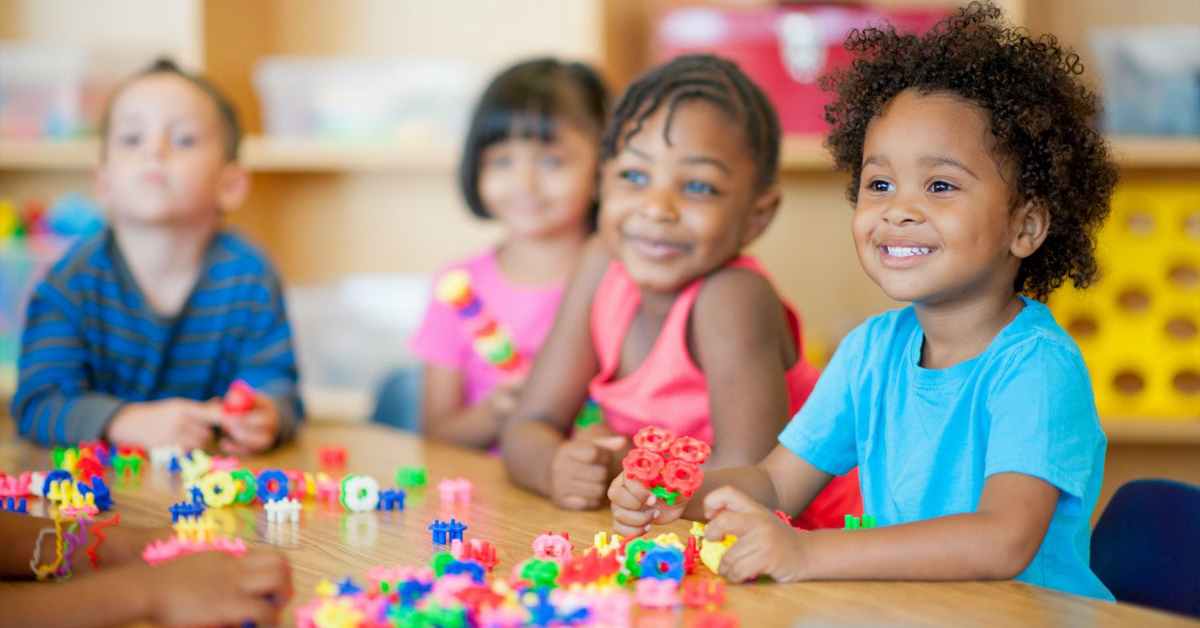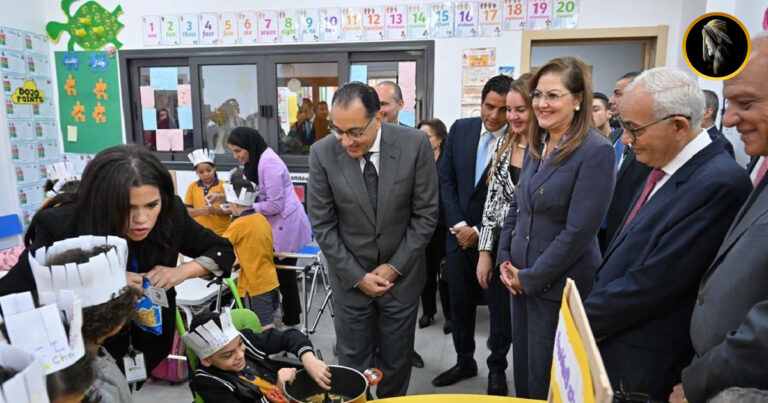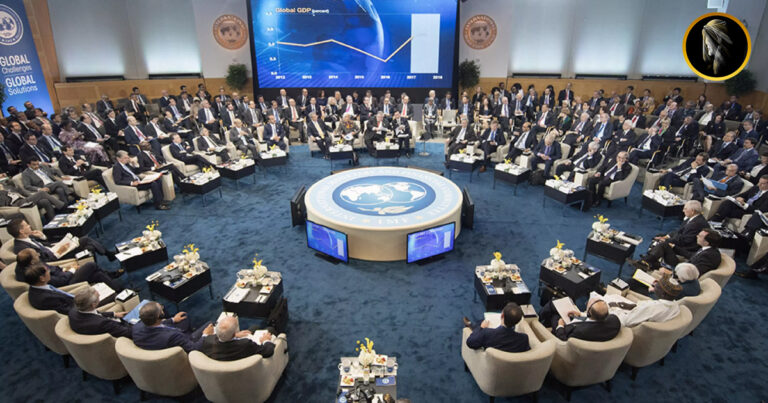Importance of Early Childhood Education
Early childhood education is crucial for a child’s cognitive, emotional, and social development because it lays the groundwork for their future successes. These formative years act as a sponge-like time when knowledge is absorbed and skills are developed that will shape their entire lives. We explore the intricate significance of early childhood education in this blog post, revealing how it fosters a lifetime of learning and development.
Growing Successful Young Minds A profound affinity for learning is fostered in young children through early childhood education, which goes beyond the simple teaching of letters and numbers. Teachers plant the seeds of curiosity and the joy of discovery by creating an environment that is both encouraging and immersive. A child’s academic achievements and motivation come from this rekindled passion for learning.
Early Learning Benefits:
A Strong Foundation in Education Research repeatedly emphasises that a child’s academic development is enhanced by receiving a high-quality early education. The skills and knowledge acquired in these early stages serve as a solid foundation, making it easier for students to understand complex ideas as their educational journey progresses.
Preschoolers’ educational experiences:
influencing their future achievements It is impossible to overstate the importance of early childhood education for preschoolers. It strengthens their cognitive abilities, encourages language development, and sharpens their problem-solving skills. As a result, this talent enhances school readiness and raises the probability of future academic excellence.
Early Cognitive Development:
Building the Framework of the Mind The early years appear to be a crucial time for brain development. Rapid neural connection formation takes place, and the wiring of the brain is significantly influenced by the experiences that occur during this time. Early childhood education ignites the stimuli necessary for the best cognitive development, laying the foundation for advanced reasoning and analytical skills.
Early Childhood Education and Socialization:
Developing Relational Competence Early childhood education emphasises socialisation in addition to academics. Children learn how to interact, share, communicate clearly, and manoeuvre through social situations in this environment. These skills are shown to be crucial for developing healthy relationships and successfully adjusting to various social contexts in the future.
Approach to Play-Based Learning:
Using the Magic of Meaningful Play The language of childhood is play, and early childhood education uses this innate propensity for learning purposes. Children embark on exploration, experimentation, and experiential learning journeys through play-centric methodologies. This fosters both their capacity for critical problem-solving as well as their creative spirit.
Building a Culture of Lifelong Learning:
Sparking Curiosity, Maintaining Growth Developing a learning-friendly disposition early in life lays the groundwork for long-lasting habits. When kids see learning as a fun and fluid process, they’re more likely to actively seek out information as they get older and explore new areas of interest.
Parental Participation in Early Education:
A Path to Holistic Development Children’s early education is significantly influenced by their parents. Their active involvement creates a seamless link between home and school that strengthens learning while providing emotional support. The child’s development is enriched overall by the active parental involvement.
Early Childhood Holistic Development:
Equilibrium of Cognitive and Emotional Development The focus of early childhood education includes emotional and social development in addition to cognitive development. In
Early literacy and numeracy abilities:
Building Blocks for Academic Competence The foundation of academic competence is the development of early literacy and numeracy skills. Children develop the skills necessary for reading, writing, and mathematical thought through stories, rhymes, and practical activities.
Making the World More Visible through Early Education:
Children who receive early childhood education are encouraged to explore their surroundings and to become engaged with them. These adventures, which range from scientific research to nature exploration, pique curiosity and inspire a desire to comprehend and learn about their surroundings.
Creating Successful Early Learning Environments:
Parents and educators work together to create environments that foster early learning successes. A dynamic and immersive learning environment is created by lively classrooms, interactive materials, and age-appropriate activities.
Conclusion:
Early childhood education’s fundamental function is to mould a child’s life trajectory and potential for success. Its primary objectives—which lay the groundwork for future success—are holistic development, mental development, and igniting an enthusiasm for learning. In the early years of life, from infancy to primary education, crucial elements of mental growth, interpersonal relationships, mental capacity, and a love for knowledge are fostered. This nurturing environment lays the groundwork for a child’s potential by giving young minds the tools they need to explore, comprehend, and interact with the outside world.
FAQs
Q1. What is included in early childhood education?
A1.Early childhood education refers to formal as well as informal instruction given to young children, typically from conception to around the age of eight. During these crucial formative years, it consists of a variety of activities and interactions that support intellectual, mental, emotional, and physical development.
Q2. What benefits do programs for early education provide?
A2.A child’s foundation for lifelong learning is laid in early childhood education, which is crucial. It encourages the growth of fundamental abilities that are necessary for success in school and later in life, such as language, problem-solving, and social interaction. Early childhood education of the highest calibre can improve both academic achievement and overall well being.
Q3. What advantages does education provide for young learners?
A3.For children, early education is very beneficial. Their cognitive, linguistic, and social skills are improved. Opportunities for early learning frequently improve a child’s academic success, self-esteem, and level of readiness for school.
Q4. How does education for young children affect cognitive development?
A4.The stimulation that early childhood education offers promotes the growth of connections to neurons in the brain. The structure for more complex cognitive skills like problem-solving, critical thought, and memory retention is laid by these experiences.









